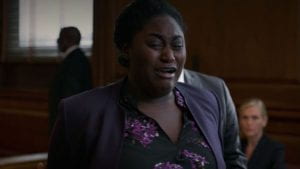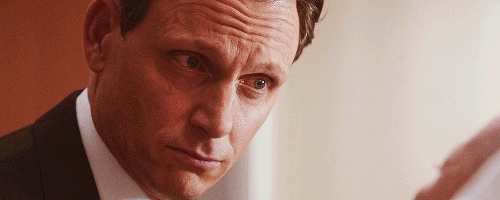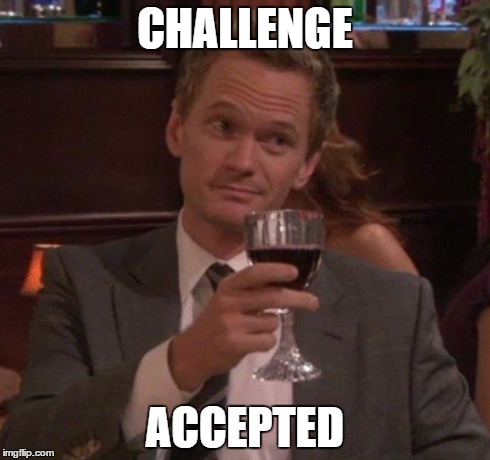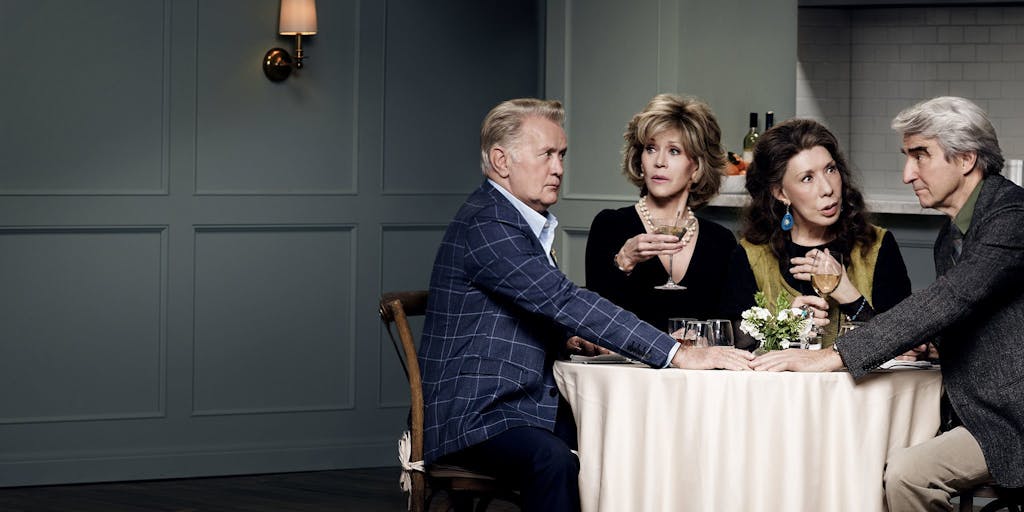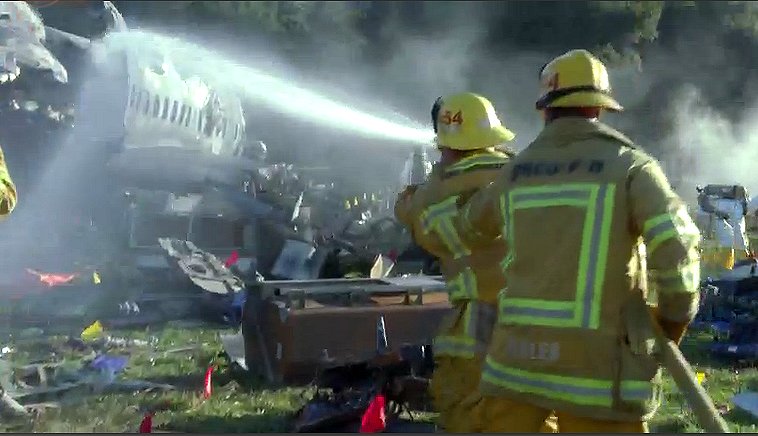
Image of the plane crash from Scandal S1E
Good evening, people. I am signing on just one more time. In my last blog post, I plan to revisit cinematic elements in the Scandal show, but in episode 5, “Crash and Burn”. The cinematographers capitalize on portions of the show where characters face tragedy and crises. Specifically, the cinematographic tactics used when Olivia and her team see the plane crash site and when they listen to the black box recording of the crash.
This episode begins with the disappearance of Pope and Associates’ client, Amanda Tanner. The team goes into a frenzy and cameras switch quickly between their faces as they scramble around. The show then suddenly cuts to Quinn and Harrison stumbling down a hillside to discover the horror of a deadly plane crash. The cameras flash horrific images of burned plane pieces, smoking fabrics, scattered clothes, and even dismembered body parts. Then, it pans back to the shocked faces of Quinn and Harrison. Dramatic music plays in the background and there is a grim filter on the lens as it blinks between these somber pictures. I believe Rhimes and her directors wanted Scandal viewers to feel the gravity of the situation just as Quinn and Harrison were experiencing. Olivia and her client, the husband of the plane’s pilot, visit the site later, and the somber mood is amplified by the client’s explanation that the red flags symbolized parts of passengers bodies. The cameras then proceed to pan around the crash site to demonstrate the hundreds of red flags scattered throughout the smothering plane pieces and all along the ground.
However, I think the most cinematographically intense scene occurs when Olivia and her team must listen to the black box recording of the crash. The pilots start out just conversing between each other in a friendly manner and the camera remains zoomed out at a long distance from the team while they listen. But, as the action picks up and the crewmembers become increasingly stressed, the camera starts focusing in closely on the facial expressions of Olivia’s team. Eventually, the camera starts cutting faster and faster between their horrified faces as the recording on the box intensifies. Finally, after all this action has built up, the camera stops on Olivia’s face, which fills the entire frame, at the exact moment that the plane crashes and the audio cuts out. Thus, viewers are left with her intense look filling the screen and it is completely silent. This very dramatic sequence of cinematographic elements increases the heart rate and suspense of viewers as they watch and listen carefully to this scene, just as the team’s heart rate and suspense rose when they listened to the black box recording.
Therefore, I believe in this episode of Scandal, the cinematographers desire to use their filmographic art to connect the viewers to the emotions and experiences of Olivia and her team.








